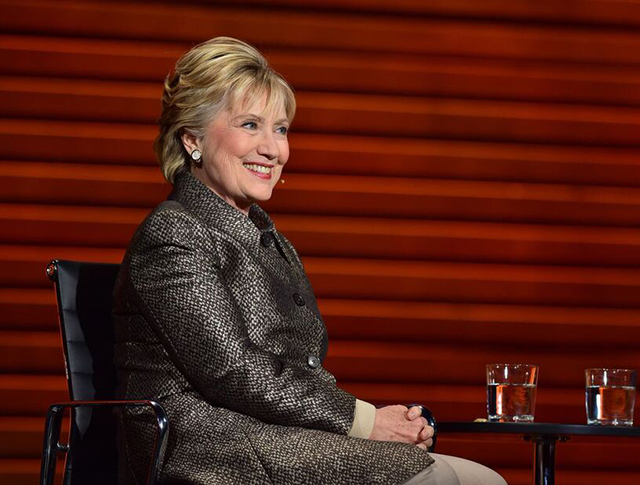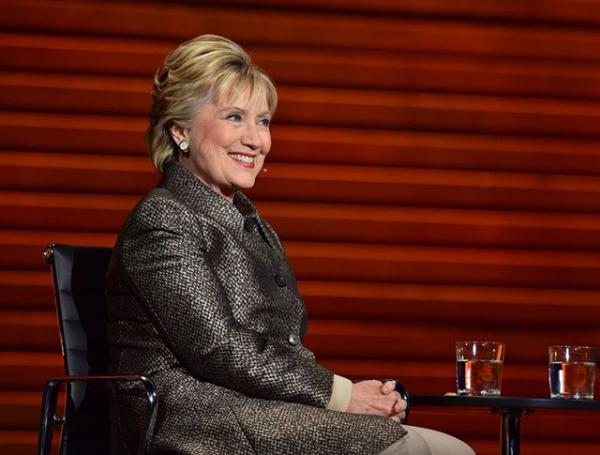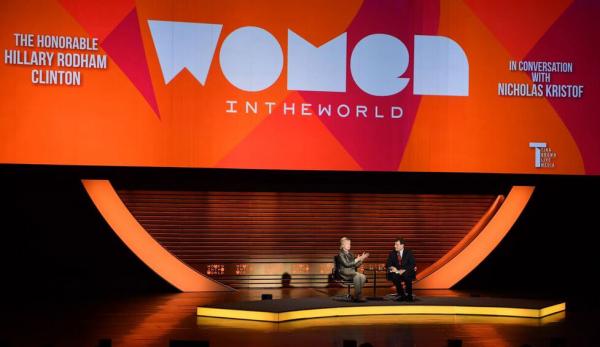KID REPORTERS’ NOTEBOOK
Hillary Clinton Speaks at Women’s Summit


Hillary Clinton headlined Tina Brown’s Women in the World Summit in New York City on April 6. The three-day event brought together global women’s rights advocates.
On April 6, thousands of people streamed into Lincoln Center in New York City for Tina Brown’s Women in the World Summit. The three-day event, which Brown hosted in association with The New York Times, brought together global leaders to discuss issues facing women worldwide, including war and violence, racial injustice, and access to education.
On the second day of the summit, many attendees were eager to see Hillary Rodham Clinton. The former Secretary of State has made few public appearances since her unsuccessful bid to become the first woman president of the United States. Clinton lost to Republican Donald Trump on November 8.
Isolde Fair, a 13-year-old singer and songwriter from Santa Monica, California, opened the afternoon program. The seventh grader sang “To All the Little Girls,” a song that she composed based on Clinton’s concession speech.
Before Clinton took the stage, actress Scarlett Johansson was among the speakers. “This idea that behind a great man is a great woman [is old-fashioned],” Johnansson said. “What about being in front of that person, next to them, or standing on your own?”

Secretary Clinton and New York Times columnist Nicholas Kristof talk at Tina Brown’s Women in the World Summit.
“AN INTERCONNECTED, INTERDEPENDENT WORLD”
After much anticipation, Clinton sat down with New York Times columnist Nicholas Kristof. The two discussed such issues as Clinton’s plans for the future and the civil war in Syria.
“I am really focused on doing some things that I think I can help make a difference with, like the supporting of young people and getting more women into politics,” Clinton said. She also announced that she is writing a book.
Kristof then asked Clinton about the civil war in Syria. A violent conflict began in the Middle Eastern country in 2011 and has since claimed the lives of more than 400,000 people. Hundreds of others have fled Syria and are living elsewhere as refugees.
“I think we should’ve been more willing to confront [Syria’s dictator, Bashar al-Assad],” said Clinton, who was Secretary of State under President Barack Obama when the war broke out. “Let me just say this: There will be people who say, 'It’s not your fight. We don’t care. What difference does it make? We’re not involved.’ First of all, we are an interconnected, interdependent world . . . because of mobility, because of communications, so what happens in other places can have an impact on you.”
